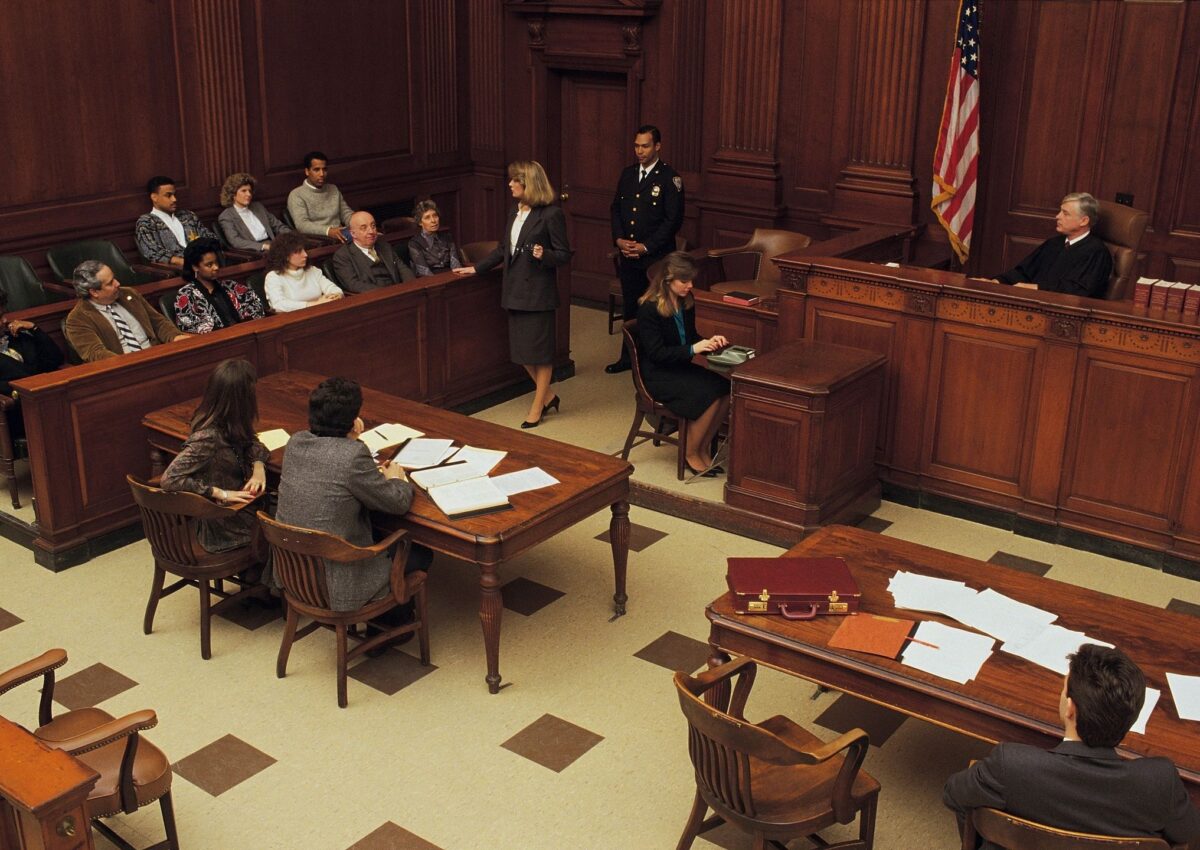
“In every proceeding for nullity, dissolution, or legal separation, four standard mutual temporary restraining orders are automatically effective and bind the petitioner, upon filing the petition and issuance of summons, and bind the respondent, upon personal service or waiver of service of the petition and summons. [Fam. Code, §§ 233, subd. (a), 2040, subd. (a)] The orders bar both parties from: (1) removing a minor child of the parties from the state, without the other party’s consent or a court order allowing the removal [Fam. Code, § 2040, subd. (a)(1)]; and (2) transferring, encumbering, hypothecating, concealing, or disposing of any property, real or personal, whether community, quasi-community, or separate, without the other party’s written consent or a court order, except in the usual course of business or for the necessities of life. However, this order does not preclude the use of community property to pay reasonable attorney’s fees in the proceeding. [On the encumbrance of community property by a family law attorney’s real property lien, see Fam. Code, §§ 2033, 2034] Each party is required to notify the other of any proposed extraordinary expenditures at least five business days in advance, and must account to the court for all extraordinary expenditures made after service of the summons [Fam. Code, § 2040, subd. (a)(2)]; (3) cashing, borrowing against, canceling, transferring, disposing of, or changing the beneficiaries of any insurance or other coverage (specifically including life, health, automobile, and disability coverage) held for the benefit of the parties and any children for whom support may be ordered [Fam. Code, § 2040, subd. (a)(3)]; or (4) with enumerated exceptions, creating a nonprobate transfer or modifying a nonprobate transfer so as to affect the disposition of property subject to the transfer. A nonprobate transfer is any instrument other than a will that transfers property on death, including revocable trusts, pay on death accounts, Totten trusts, transfer on death registration of personal property and other instruments described in Prob. Code § 5000.”
[California Civil Practice Family Law Litigation [certain citations omitted]]
